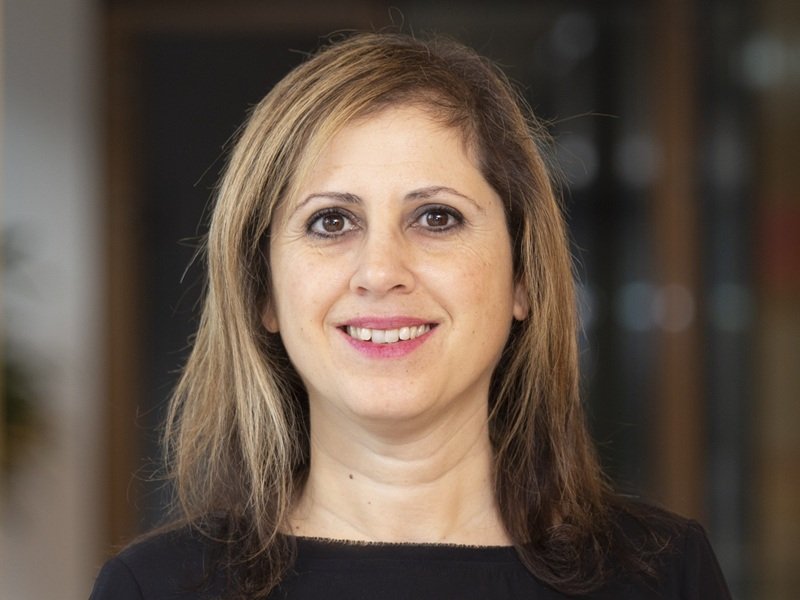By Lauren Bailey
A new report by the $121B (C$138.2B) Ontario Municipal Employees Retirement System (OMERS) found up to 40% of people aren’t completely living their ideal dreams for retirement, and a certain gender is more likely to worry about it. As a result, the Canadian pension plan is taking action.
The way individuals work, live, and retire is changing, and, increasingly, people are questioning whether they are fully prepared for a longer and more active retirement, said Celine Chiovitti, OMERS’ chief pension officer.
People are living longer, and this trend is being observed in various nations across the globe, she said. Indeed, a World Health Organization report found “super-ageing” societies, which the WHO defines as those with more than 20% of their population over the age of 65, pose an economic risk over the next decade and beyond.
While living longer is a wonderful development, it’s important that society understands just how prepared it is for that future, said Chiovitti, noting OMERS’ Retire Ready Impact Report on retirement preparedness set out to do just that.
The report, based on a survey conducted by Pollara Strategic Insights, found, while roughly 80% of retirees said they’re basically happy in their retirement, when you peel back the layers, just six in 10 (60%) said they felt they’ve achieved their ideal retirement.
When asked what they define as the ideal retirement, respondents cited the ability to retire when they want and in good mental and physical health. Notably, slightly more than a third (39%) of non-retired Ontarians expressed confidence that they’ll be able to retire when they want.
“What the findings told us is [those with] access to a pension plan felt more prepared for retirement,” said Chiovitti. “That’s the starting point. People who have access to a pension plan, especially a defined benefit pension plan know when they retire, they are going to get secure, stable income for the rest of their lives, regardless of how long they live. That gives them peace of mind to do a number of other things.”
She added that 60% of Canadians don’t have access to a pension plan and have to save on their own. “The reality is, as a younger person today, it’s really difficult to save. Buying power is lower than it has been in the past because cost of living is high and housing affordability is difficult. There’s more student debt. People are struggling to make ends meet.”
The survey also found disparities with younger workers and women. Younger workers were less likely to have started to prepare for retirement and women, on average, were less happy with retirement or less likely to start to prepare for retirement.”
The ideal time to start saving is between the ages of 20 and 30 because that allows people to get the benefit of compounding, she noted, but if they can hardly pay their rent, asking them to put money aside for something that is decades down the road is a tall order.
“The survey found women on average were less happy with retirement and less likely to start planning for it. Women were also more concerned about their financial health as they got older,” said Chiovitti.
This was a contributing factor in OMERS’ 2023 move to open up the plan to all non-full-time employees. “The number of younger, predominantly women, non-full-time employees who joined the plan was phenomenal. Since 2023, we’ve enrolled over 53,000 women into this plan. It tells me that people actually are paying attention and they want to do something about it. They just need the opportunity.”
Given women on average live longer and take home less income in retirement due to a number of factors including taking more leaves to have and care for children, it’s important for women to access the information they need to make the best decisions for their financial future, Chiovitti noted. OMERS recently launched a campaign aimed at educating women about the gender pension gap and continues to develop resources aimed at helping them maximize their pensions.
“This study tells us we’re doing the right thing at OMERS by staying focused on our purpose which is providing secure and stable income in order to support our members to have an ideal retirement.”
From a macro level, there are things systemically that can be done, including providing the right tools, which starts with access to a DB pension plan such as OMERS, she said.
Chiovitti pointed out that financial health is a key component to unlocking the ideal retirement, as it goes a long way toward helping ensure retirees have the means to foster their mental health and wellness. People who thrive in blue zone regions, where people supposedly live the longest, take a more holistic approach to their health and well-being, she added.
In this, respondents agreed; a significant majority (71% retired, 58% non-retired) agreed that retirement planning should encompass physical and mental health as well as social connections, not just financial readiness.
Additionally, the survey found two-fifths (40%) of retirees said they felt prepared for their retirement, and this group generally expressed more happiness in their retirement lifestyle than those who did not feel as supported.
The survey also found just three-quarters of respondents had a solid plan or had given some thought to retirement planning. Chiovitti said the plan is continuing its focus on arming its members with the resources to help them craft their ideal retirement plan. She noted any plan begins with knowing where the fuel in the retirement engine will come from, and how much savings they’re going to need.
“We have really focused on building out some digital tools such as the myOMERS portal. Members can go in to access information so they know exactly what their pension would be at any point in time. And we’ve created calculators so members can go in and run different financial scenarios.”
The tool can help run assumptions based on information that members provide on how they want to live, other expenses and the cost of health care. The different spending scenarios calculate what retirement will cost based on individual needs and how, ultimately, those payments factor into the overall scheme.
The pension plan also recently introduced a new in-person education session, called “Preparing for your 100-year life,” which provides a more holistic approach to retirement. And it produces the Pension Blueprint Podcast, which is in its third season and discusses an array of educational topics in the pension and retirement space.
But Chiovitti’s message to plan members is to seek out retirement information and resources. “Don’t just take what someone says as gospel. Leverage as much financial information as you can get.”
As of Dec. 31, 2024, OMERS returned 8.3%, or $10.6B, net of expenses, exceeding its 7.5% benchmark for the year, according to its latest annual report. The plan also reported a smoothed funded status of 98%, up from 97% in 2023.












